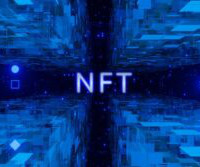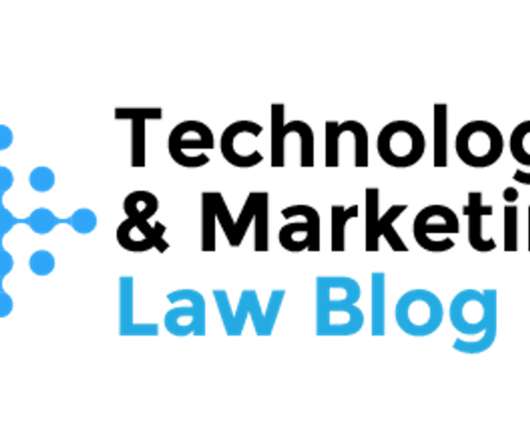Blurred Lines: How the Lack of Regulation of NFT Platforms Has Fueled Rampant Art Theft
IPilogue
JUNE 13, 2022
Artists in the digital space have always been vulnerable to the unauthorized distribution, copying, and sale of their work. Listing someone else’s artwork on an NFT marketplace is as simple as saving a copy of the work from an artist’s website or social media platform and uploading it onto a marketplace where it is minted into an NFT.

















Let's personalize your content